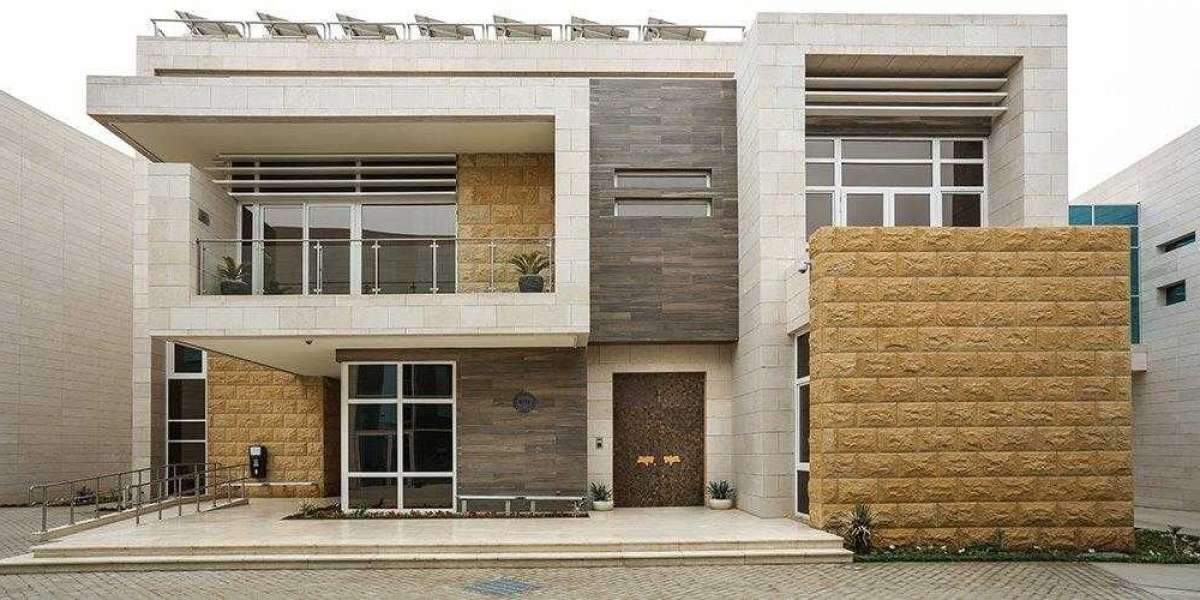As housing demand rises globally, affordability remains a key concern, particularly in regions facing rapid urban growth. To meet this need, developers and governments are increasingly turning to the modular building system, a smart, efficient, and scalable solution. With shorter construction timelines and reduced labor costs, modular buildings present a sustainable way forward for affordable housing initiatives.
What is a Modular Building System?
A modular building system is a construction method where structures are manufactured in sections—called modules—within a factory-controlled environment. These modules are then transported to the site and assembled like building blocks. This process differs from traditional construction, where all building activities take place on-site, often vulnerable to weather delays and labor inefficiencies.
The modular approach allows for parallel operations: site work and module production occur simultaneously. As a result, project completion is significantly faster, enabling developers to deliver homes in record time without compromising on quality.
What Are the Three Types of Modular Buildings?
Understanding the different modular formats is essential when planning an affordable housing project. So, what are the three types of modular buildings? They are:
Permanent Modular Construction (PMC)
These are designed for long-term or permanent installation. Modules are fabricated with high-quality materials and are indistinguishable from traditional buildings once installed. PMC is ideal for multi-family housing, apartment blocks, and community developments.Temporary or Relocatable Buildings
These are designed for short- to mid-term use. Often used in disaster relief, construction camps, or transitional housing, these units are quick to deploy and easy to move.Hybrid Modular Systems
These combine modular units with traditional construction methods. For example, the core structure might be built traditionally, while add-ons like bathrooms or kitchens are modular. This approach offers flexibility for more complex architectural needs.
By selecting the right type of modular system, developers can tailor affordable housing projects to fit specific community requirements and available land.
Advantages of Modular Building Systems for Affordable Housing
The modular method offers several advantages that make it particularly suitable for affordable housing projects:
Cost Efficiency: Factory production helps control waste, labor, and materials—three major cost drivers in traditional construction.
Speed of Delivery: Homes can be completed 30–50% faster compared to conventional methods.
Quality Control: Manufacturing in a controlled environment reduces errors and enhances build quality.
Sustainability: Modular systems generate less waste and often use energy-efficient materials, aligning with green housing goals.
Scalability: Once a prototype is validated, it can be replicated quickly across different regions or communities.
These benefits collectively make the modular building system a strong candidate for addressing large-scale housing shortages.
Real-World Applications
Countries around the world, from the UAE to Kenya, are implementing modular technologies in national housing programs. Whether in urban centers or remote areas, modular units are being used to build everything from low-cost single-family homes to high-density apartment blocks. This flexibility is a key driver of its growing adoption.
Conclusion: How TSSC Group Supports the Modular Movement
As the demand for affordable housing grows, the need for reliable and innovative building partners becomes crucial. TSSC Group has been at the forefront of this transformation across the GCC and Africa. With over four decades of experience, we specialize in delivering high-performance modular building systems tailored to meet regional housing needs. From prefabricated walls and roofing to fully integrated modular units, TSSC provides end-to-end solutions that support affordable housing goals efficiently and sustainably.
Our advanced manufacturing capabilities, expert engineering team, and commitment to quality ensure that your modular projects are not only cost-effective but also built to last. Whether you're building a compact residential block or a large-scale housing community, TSSC Group is your trusted partner in modular construction.







